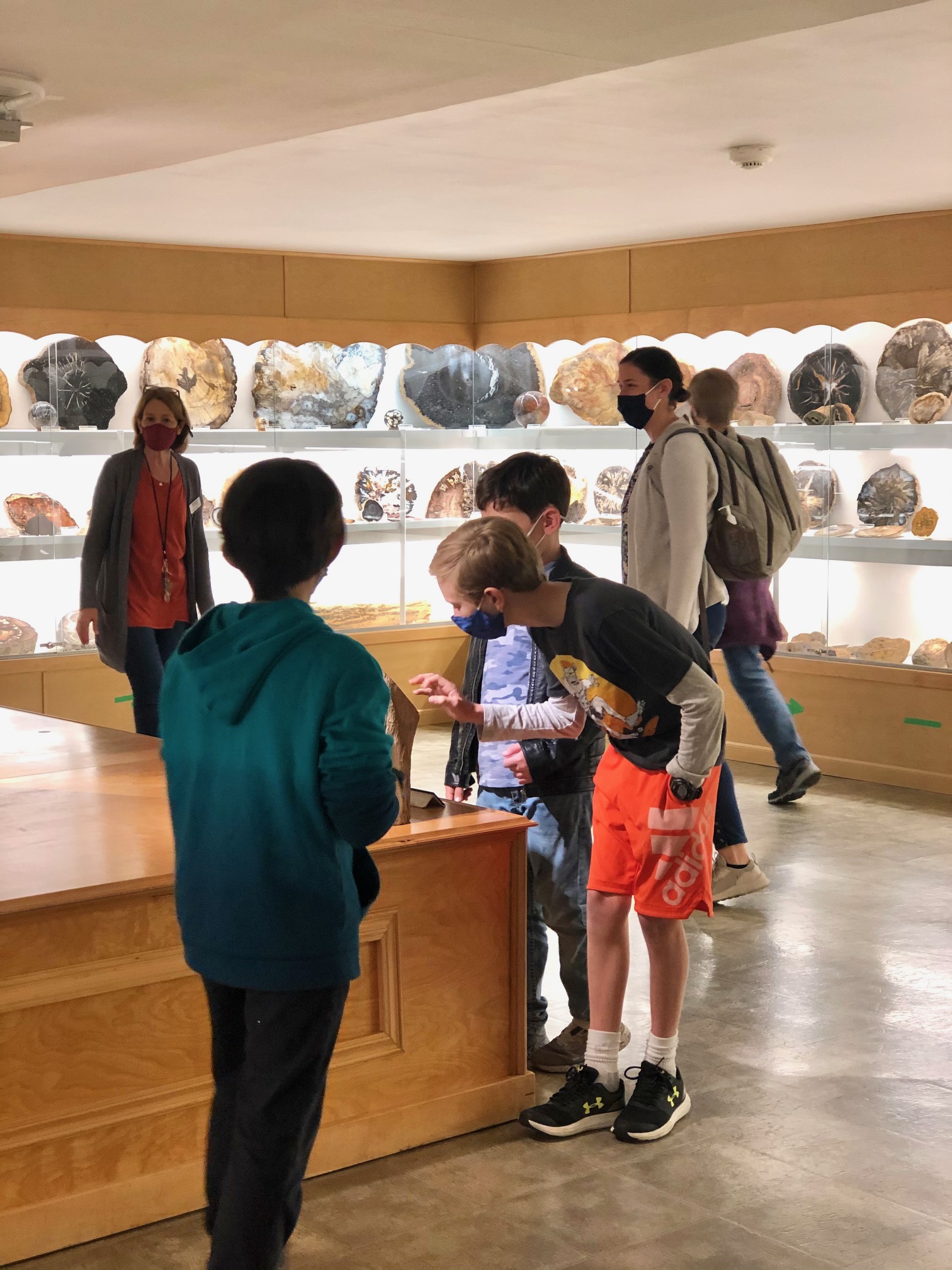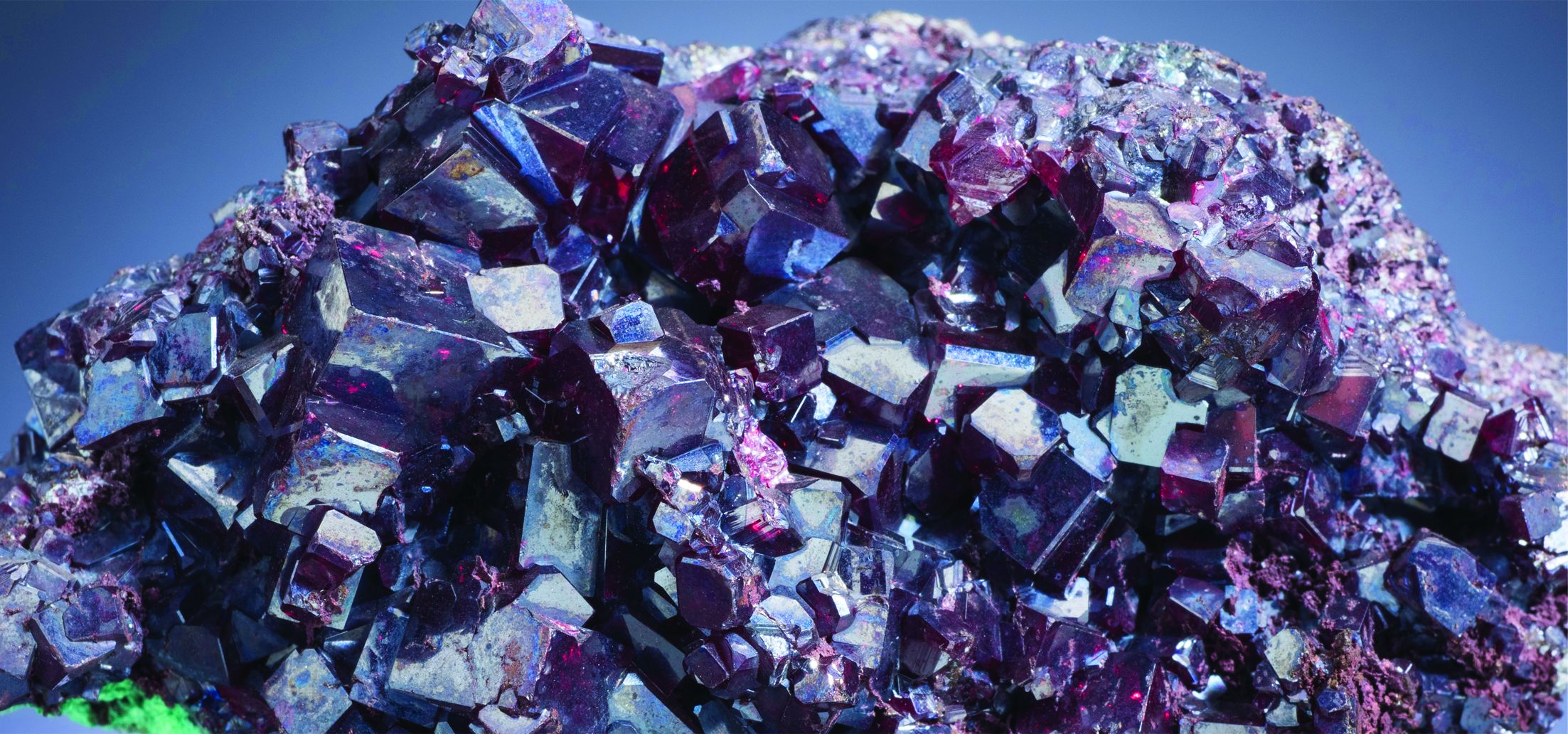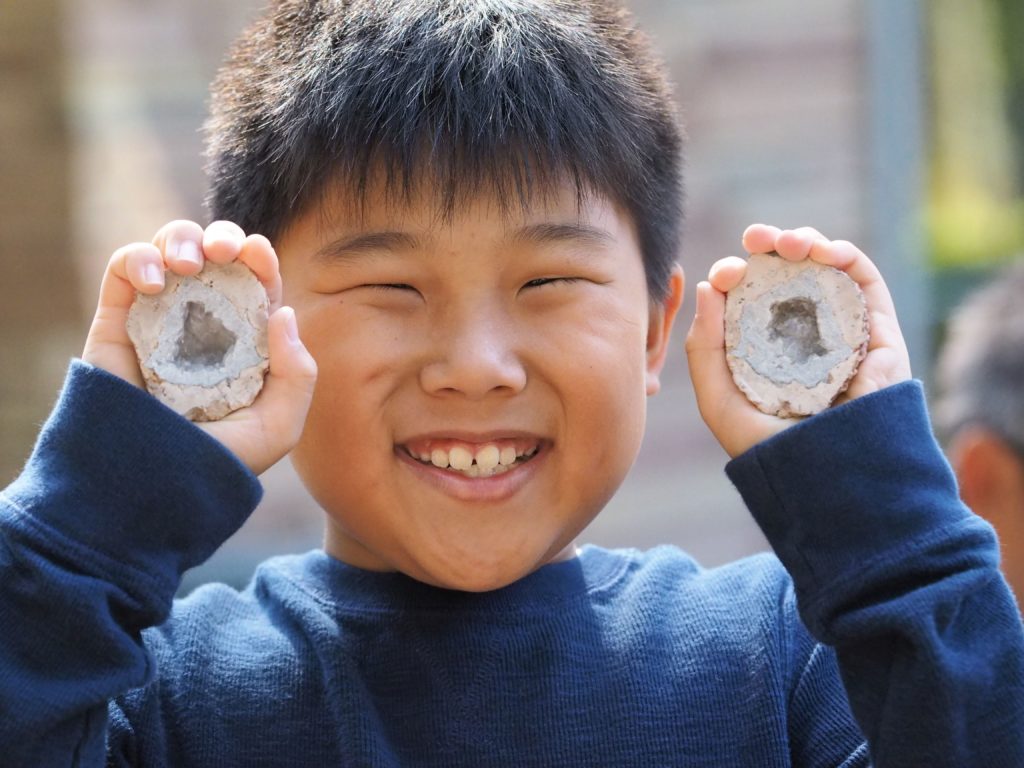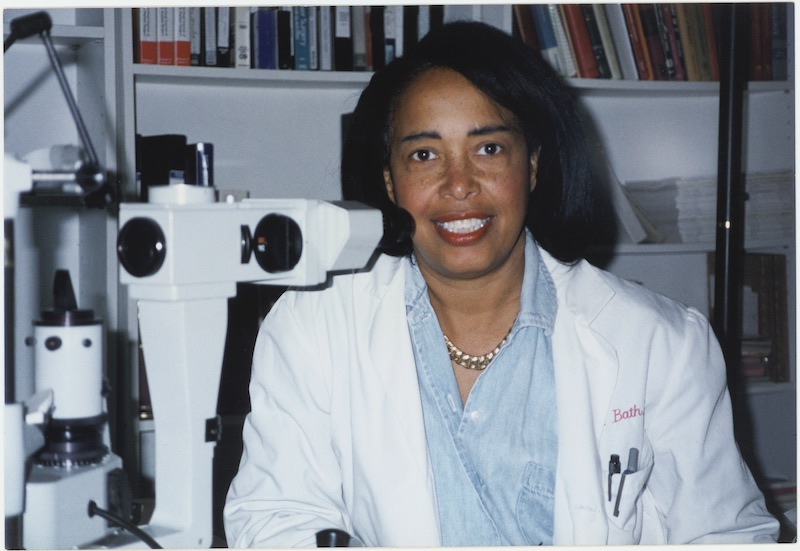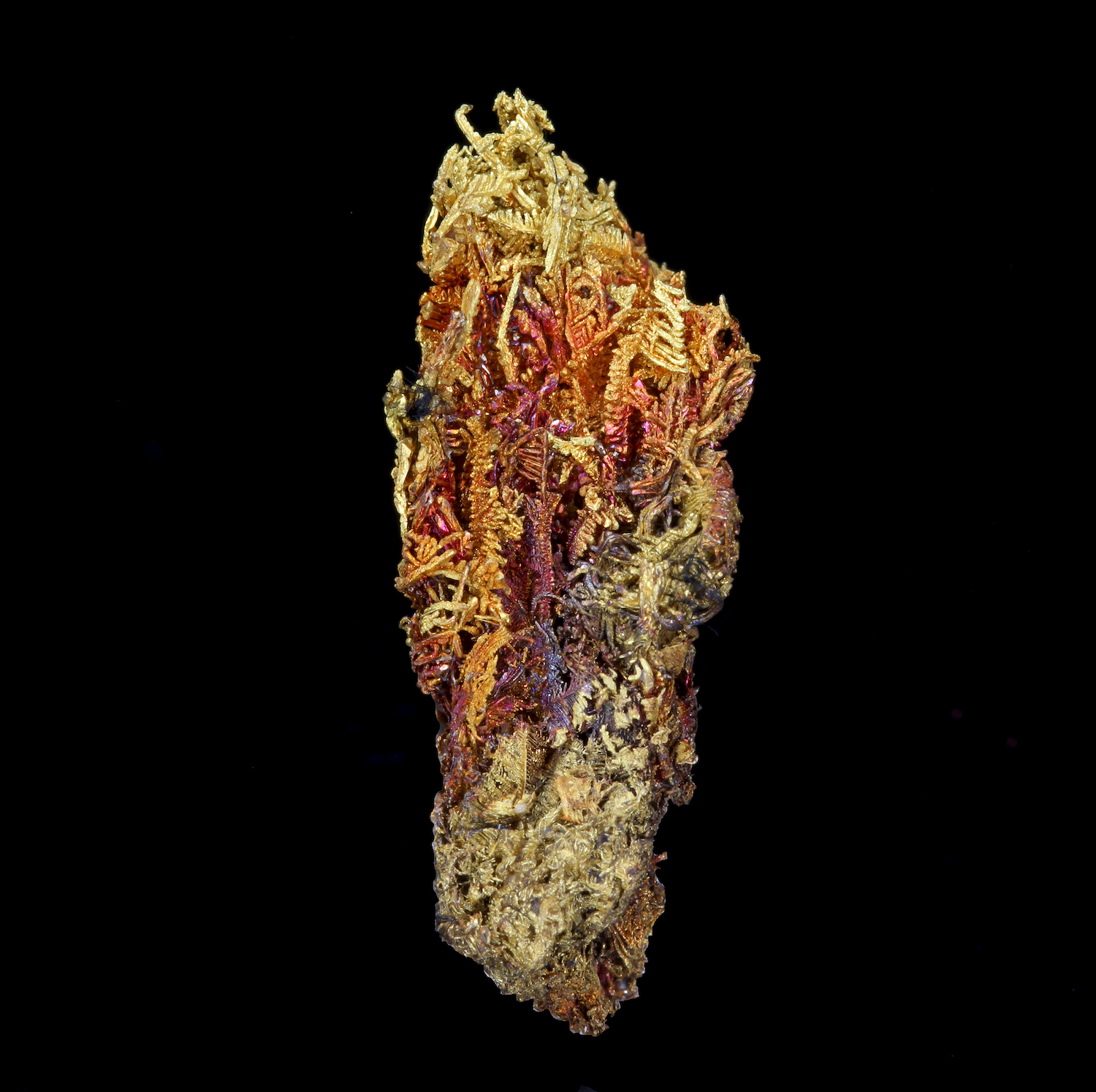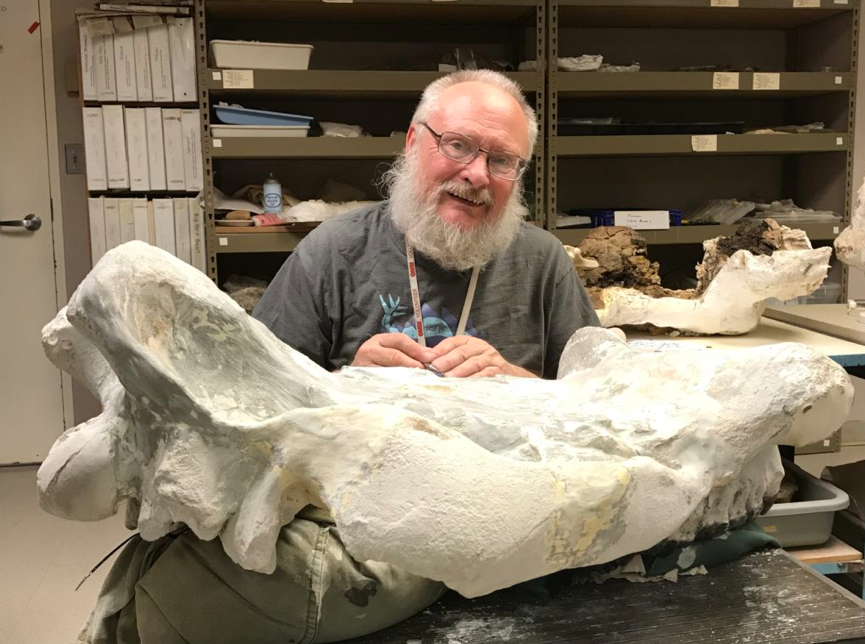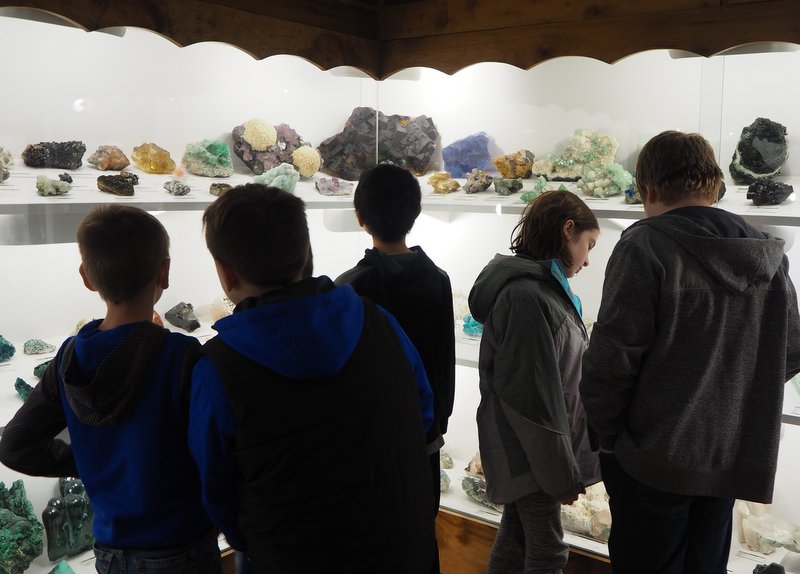The Museum has partnered with Dr. Rob Lavinsky and MineralAuctions.com for an online auction to benefit the Rice Museum. The online event will feature eighty fabulous lots, including artwork, one-of-a-kind mining experiences, and mineral specimens, some of which were once part of the Rice Family Collection. See below to learn more about the Rice specimens and the selection process. Over the past 25 years, the Museum has exposed hundreds of thousands of school children and adults to the wonders of the Earth. It should come as no surprise that the past year has been challenging. As a museum reliant heavily on earned income from ticket and gift shop sales, the mandated closures to help stem the pandemic have been very impactful to our financial position. In a typical year, the museum would hold a benefit gala and auction, but we are taking this event virtual with ongoing concerns about gatherings and events. We have had such an outpouring of support that we may make this an annual event, replacing the in-person gala with an online auction that expands our reach to our international community of supporters. We thank the following donors for their generosity and support of the Museum: Scott Ankenbrand Jeremy Fuller Evan Jones Gene Meieran Daniel Peters Amanda Ravetta Gail Copus Spann Jim Spann Sean Sweeney Stuart Wilensky James Zigras Registration is required to bid. Please visit mineralauctions.com/account/register to sign up, or click the Register link in the top right corner of the site. Payment information is required to activate accounts, but this information is not saved or stored on the site. Winners will receive a personal invoice after the auction with shipping and insurance costs added. Mineralauctions.com does not add buyers premiums to auction items. A message regarding Rice Family specimens up for auction: Several years ago, the Curator, in coordination with museum Founder Sharleen Harvey, embarked on a project to categorize the collection and identify redundant items from the Rice Family catalog (which was gifted as a whole when the Museum was formed in 1997). After the first phase of the project (specimen identification), it was shelved due to staffing levels and time availability. For much of 2020 and 2021, the Museum has been either operating at a diminished capacity or shuttered entirely. Museum staff used this downtime to focus on deferred projects, including property maintenance, refreshing galleries and exhibits, developing new marketing and educational materials, and collections management, which includes a focus on responsible deaccessioning (the act of removing something from a collection). As with most museums, only about 25% (or less) of our collection is on display at any one time. The specimens that were selected in coordination with the donor were chosen because other similar, often more significant and more unique, are represented. Visitors will see no difference when touring our galleries, and the process has opened up valuable storage space for continued acquisitions. A message from the Rice Museum Board of Directors on the choice to deaccession: After much discussion and reflection, the Rice Museum Board has decided to move forward with targeted deaccessions. We, the Board, believe there are four facts about museums that should be shared with you, our supporters. First, most private museums are established to educate and share with others, interests of the person(s) founding the museum. And while a great degree of care usually goes into defining and exhibiting objects, significantly less attention, and resources are devoted to the significant costs needed to make the exhibitions viewable and the care of collections, which includes cases, lighting, documentation, security, curation, storage, insurance, building maintenance, etc. Second, museums are living institutions; they grow and expand as people make donations of objects and as the museum makes targeted purchases. As a result, museums accumulate an abundance of objects that they neither have room to store or curate, and many are redundant to existing collections or deemed unsuitable for exhibit. Third, rarely do donations of objects also come with the financial support needed to ensure the objects can be appropriately displayed or stored. Finally, museums resort to many ways to raise funds to support not only the acquisition of more objects, to remain current and relevant, but to pay all of the associated costs of running a museum. Fundraising activities are critical to a museum’s success. Consequently, it is not uncommon for museums to go through the formal process of deaccessioning. Some recent examples of peer institutions include: The Harvard Mineral Museum has held periodic sales of mineral specimens. The University of Arizona has held sales of redundant specimens. We recognize that museums are held to high standards in protecting the objects that justify their existence; we cannot overemphasize that this project was done thoughtfully in coordination with the co-founder of the Museum and donor of the deaccessioned specimens. A committee of knowledgeable mineral collectors on the Board and the Curator worked together to ensure that the Collection Management Policy process was followed and that additional steps were taken to maintain what is considered the Museum’s core collection. A message from Gail Copus Spann, Chairperson, Rice Museum Board of Director: What an exciting albeit challenging time for museums, and our museum is no different than many across the nation. We have, though, made lemonade from lemons by working on giving the world a great way to help ensure our continued success! This auction will be a boon to our growth and programming. I hope you can join us and bid on some wonderful items, trips, and experiences. Till then, Gail Copus Spann

